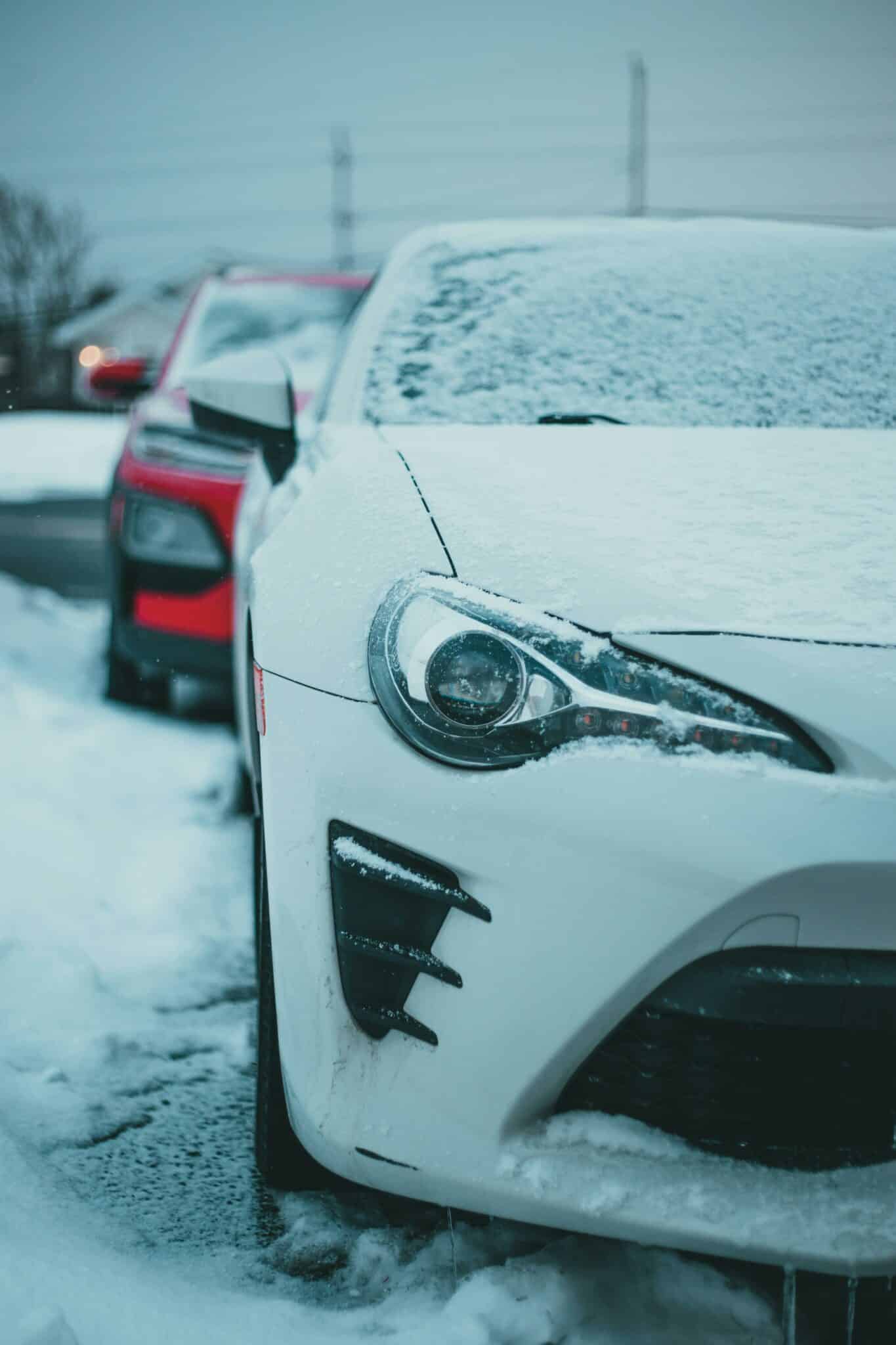Trip and Fall Accidents in Parking Lots
Trip and fall accidents in parking lots can present challenges in determining who is liable. Consulting with a trip and fall lawyer, like those at the Philly Slip and Fall Guys, can help clarify who is responsible. Some questions to ask following an accident include:
Who Is at Fault?
A parking lot’s owners might not always be liable for any incidents on their property. The locations serviced by the parking lot could be a factor when assigning fault. Here is how different parties could assume liability:
Parking Lot Guests
Reckless driving in a parking lot (like pulling out suddenly in front of a pedestrian or failing to stop at a stop sign) could shift liability away from property owners and onto the drivers themselves. Speeding through a parking lot or drunk driving can open drivers up to both criminal charges and civil claims.
Commercial or Residential Tenants
Tenants might agree to cover certain aspects of property maintenance as a condition of their lease agreements. Managing parking lot safety by removing specific hazards might fall under such maintenance. Agreeing to this obligation also assumes responsibility for failures to meet it. Reviewing the terms of a lease with a lawyer could reveal whether accident prevention measures fall under a tenant’s purview.
Property Owners
Property owners may be responsible for any accidents occurring on their land. Visitors to parking lots are usually viewed as guests invited for a commercial purpose. Owners might owe a duty of care to such guests to remove any hazards that increase the potential for a fall. Warnings indicating such a danger could satisfy this duty while the property owner fixes the hazard.
What Caused the Fall?
Falling hazards unique to parking lots may include large potholes or open seams in concrete, cracked curbs, or damaged wheel stops. Those maintaining the lot become responsible for fixing them. Parking lot owners or managers should also proactively combat hazardous weather conditions.
Drainage issues that lead to water pooling during rain should be addressed, as should ice and snow during a snowstorm. Property owners outsourcing snow removal to another company should still verify surfaces are cleared before cars begin accumulating in their lots.
Whether reasonable steps were taken to mitigate hazards and dangerous conditions often becomes paramount in a trip and fall case. A slip and fall lawyer brings expertise in legal precedents that help determine whether appropriate action was taken in an individual case.
What Should You Do?
Pennsylvania’s Consolidated Statutes place a 2-year limitation on civil actions to recover damages. Consult with an attorney to see if extenuating circumstances allow a claim after this deadline passes.
A lawyer might also encourage you to contact anyone who approached you when the fall occurred. Civil claims generally turn into cases of your word versus that of the other party. Supporting your claim with eyewitness testimony of the incident may prove beneficial. Return to the parking lot to see if it has cameras. Let whoever is working with you on your case know if it is monitored. Your lawyer may help in meeting the legal requirements to secure the release of the footage.
Trust Your Case to a Trip and Fall Lawyer
Wet floors, icy or untreated sidewalks, and stairwells may cause slip and fall accidents. If you’ve experienced this case on commercial property, contact our office. Our experienced trip and fall lawyers can help you get the compensation you deserve at Philly Slip and Fall Guys. We have the knowledge and expertise to combat challenges to your accident claim. Fill out our contact form to schedule a consultation with one of our attorneys today.
